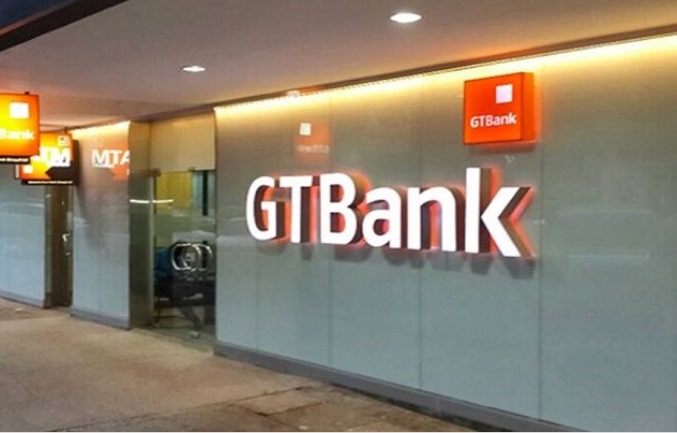Published
2 years agoon
By
GhMediaHub
Nigeria’s biggest bank by market value, Guaranty Trust Holding Co., has announced plans to reduce its lending and bond trading in Ghana due to a $77m impairment in the West African nation.
To increase lending by 15% this year, the bank will instead concentrate on other high-yielding African markets.
With this change, the company will improve its profit before taxes by 31% from 214.2 billion naira in 2022.
In Ghana, where GTBank is owned and operated by Guaranty Trust, most state debt is now being restructured, costing banking institutions money. According to sources, the bank is having difficulties in Ghana, its second-largest market, due to the nation’s decision to restructure most of its $49 billion in public debt.
Financial institutions suffered losses when Ghana exchanged notes worth 87.8 billion cedis that paid an average of 19% for bonds that returned as little as 8.35%. The issue is still being discussed with the government by several foreign creditors.
While competing lender Zenith Bank set aside 123.4 billion naira to account for the restructuring, the bank has 167.6 billion naira in debt securities in Ghana.
In Ghana, Guaranty Trust intends to increase credit by no more than 5% and restrict its investment in securities to government bills.
According to the bank’s Chief Executive Officer (CEO), Segun Agbaje, Ghana’s challenging operating climate, and high inflation rate make it difficult for businesses to make money and repay loans.
At an investor conference call in Lagos, Agbaje stated, “You’re talking about a country that has defaulted on its sovereigns and has not even given complete clarity on how it will handle all the default scenarios.” “If you’re running high inflation, it’s going to be very difficult for businesses to make money and pay back loans,” he said in an interview with Bloomberg, referencing the inflation rate of 45% in West Africa’s second-largest economy.
He claimed that excessive loan booking would only result in the creation of non-performing loans. “Obviously, any country that defaulted, in terms of sovereigns, means you have a harsh operating environment.”
Source: Graphic online
